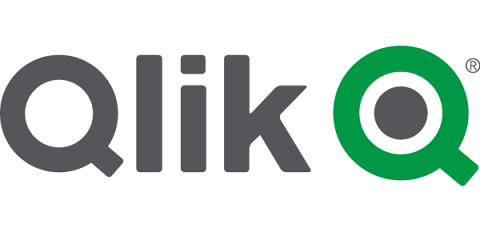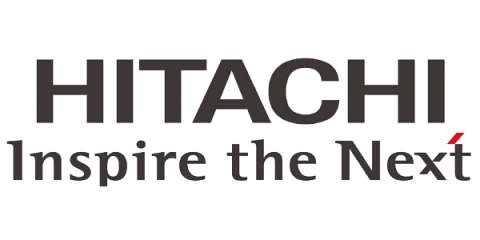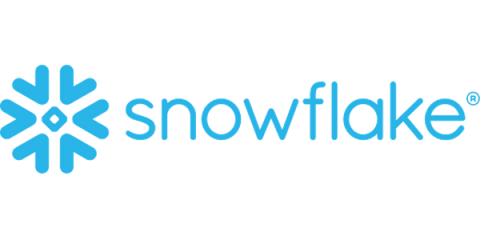Peloton & Qlik: The Analytics of It All
Ok, I’ll admit it… I’m one of those people, I own a Peloton – and it’s awesome. But, as a data professional, I’ve struggled with getting decent metrics about how I’m doing and trying to see if I’m making progress with my fitness level. How can I discern performance stats to answer basic questions to gauge my performance over time?








